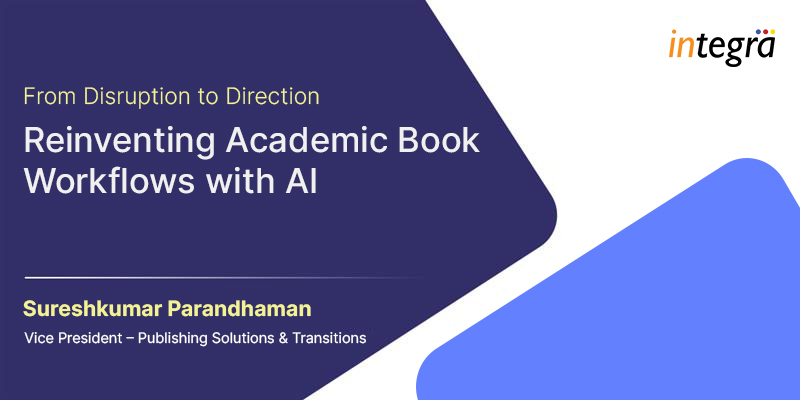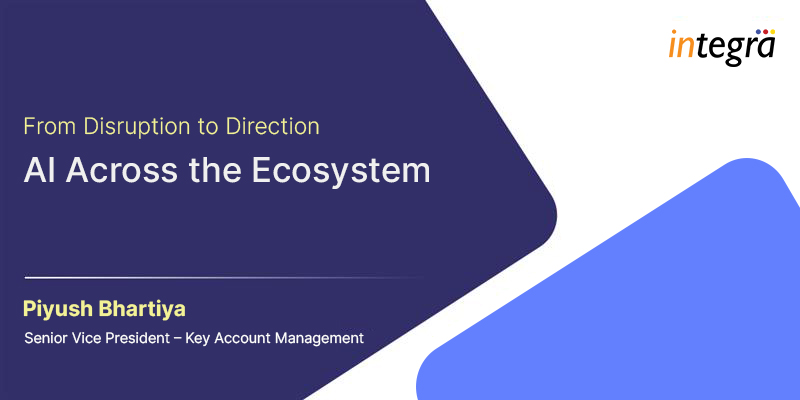Streamlining the Peer Review Process: Innovative AI Solutions for Enhancing Academic Journal Integrity

The peer review process in academic publishing is pivotal but fraught with challenges like time constraints, consistency issues, and the rising volume of submissions. Navigating a landscape filled with an increasing number of submissions and the need for meticulous scrutiny, the integration of Artificial Intelligence (AI) alongside human expertise emerges as a transformative solution. This blog delves into how AI is revolutionizing peer review, enhancing efficiency, and maintaining the integrity of scholarly work, while also acknowledging the challenges and ethical considerations of this technological integration.
The Role of AI in the Peer Review Process
In the peer review process, AI can significantly enhance efficiency and accuracy. Its role extends beyond simple automation, providing sophisticated analysis that can detect patterns and anomalies not easily visible to human reviewers. For instance, AI can analyze the structure and content of a manuscript, ensuring it meets specific scientific and ethical standards, much like the capabilities seen in AuthorPilot – The AI-powered Manuscript Preflight platform.
AI algorithms are also invaluable in detecting plagiarism and ensuring the originality of the submitted work. They can cross-reference vast databases and previously published works to identify potential duplications or overlaps, a task that would be time-consuming and less reliable if done manually.
Another key area where AI contributes is in the statistical analysis of data within manuscripts. It can quickly validate the statistical methods and results, ensuring that the conclusions drawn are based on sound and rigorous scientific methods.
However, the integration of AI into peer review also requires careful consideration of its limitations. While AI excels in pattern recognition and data analysis, it lacks the nuanced understanding of context and theoretical frameworks that human experts bring. Therefore, the ideal scenario is a symbiotic relationship where AI handles the technical and data-intensive aspects, while human experts focus on the conceptual and contextual evaluation of manuscripts.
This expanded approach to AI in peer review highlights the tool’s versatility and efficiency, while also acknowledging the indispensable value of human expertise in maintaining the integrity and quality of academic research.
ContentPilot offers a breakthrough in the peer review process. This AI-driven platform streamlines manuscript handling, from submission to publication. It integrates various functions, such as automated quality checks, and reviewer assignment, all designed to maintain the integrity and quality of scholarly publications.
Benefits of Integrating AI into Peer Review
Integrating AI into the peer review process offers several significant benefits:
- Efficiency: AI drastically reduces the time required for initial manuscript screening, allowing editors and reviewers to focus on in-depth evaluations. This efficiency is essential in managing the increasing volume of submissions in academic journals.
- Consistency and Objectivity: AI algorithms provide consistent and unbiased evaluations, especially in areas like plagiarism detection and adherence to formatting standards. This consistency ensures fairness and impartiality, a cornerstone in academic publishing.
- Quality Control: By automating routine checks, AI ensures high standards of quality control. It can detect errors or inconsistencies in data and methodology that might be overlooked by human reviewers.
- Resource Optimization: AI tools help optimize the use of editorial and reviewer resources. By handling routine tasks, they allow human reviewers to allocate more time to critical and nuanced aspects of the review process.
- Scalability: AI solutions are scalable, meaning they can handle an increase in submissions without compromising the quality of the review process. This scalability is crucial for journals experiencing growth in submissions.
- Data Analysis Capabilities: AI excels in analyzing large datasets, which is increasingly important in fields with complex data. This capability ensures that the conclusions of the research are well-supported by the data.
Challenges and Consideration
Integrating AI into the peer review process brings challenges such as ensuring algorithmic transparency and fairness. AI lacks the nuanced understanding of context, which can lead to oversights in complex, theory-driven research areas. Additionally, there are ethical considerations, including the potential for biases in AI algorithms. Balancing AI’s efficiency with human expertise is crucial to preserve the integrity of academic research. This balance involves ongoing monitoring and refinement of AI tools to align them with the evolving standards and ethical considerations of scholarly publishing.
As AI continues to reshape the landscape of academic publishing, its integration into the peer review process heralds a new era of efficiency and quality. While challenges such as algorithmic transparency and the preservation of human judgment remain, the potential benefits are immense. AI can handle routine tasks with unmatched speed and consistency, freeing human experts to focus on the more nuanced aspects of review. The future of scholarly publishing lies in this synergistic relationship between AI and human expertise, ensuring the integrity and robustness of academic research in an ever-evolving digital world.
Recent Blogs

Research Integrity vs. Publication Integrity: Clarifying Responsibility in Scholarly Publishing

From Disruption to Direction: Reinventing Academic Book Workflows with AI


